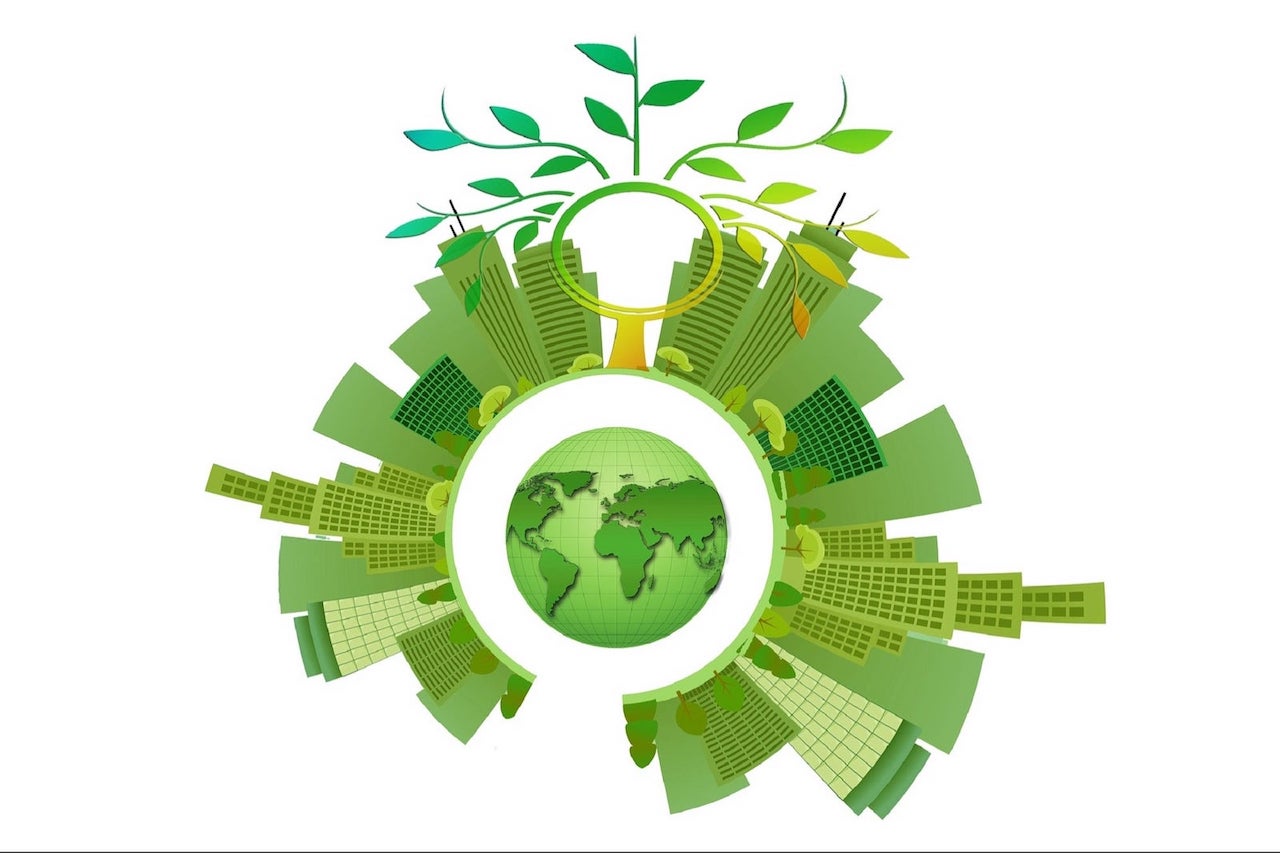Why leaders should make 2022 the year of humanity in the workplace
Related Articles
How access to clean water will reduce drastically by 2030 and why our approach to water needs must change
By 2030, nearly 40% of Indian cities could run out of drinking water. It’s not a distant worry- it’s already happening. If you’ve lived...
Loneliness among senior citizens in India, a growing concern
India is home to one-fourth of the global elderly population; which is expected to rise to 319 million by 2050. According to the Ministry...
Banking on Diversity: How Women Leaders in BFSI Can Revolutionise Financial Services Sector
India’s independence was a critical turning point for women’s participation in the financial services sector. Although the first bank in the country was established...


